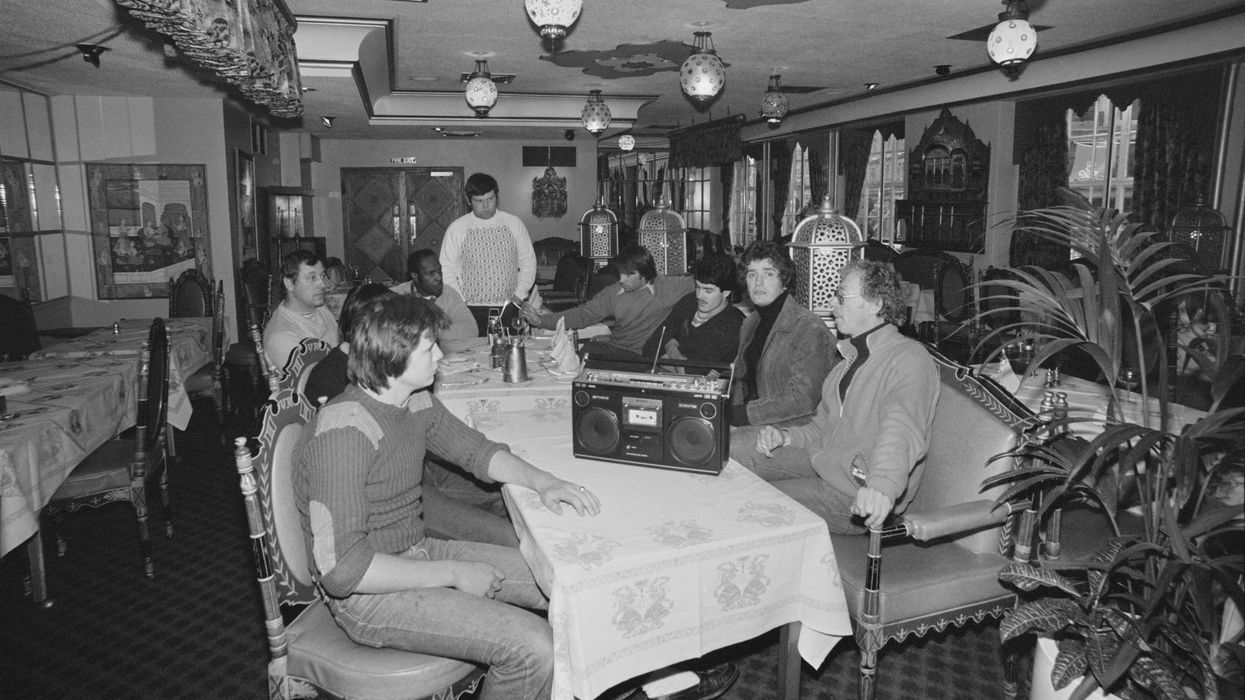ONE of Britain’s oldest Indian restaurants, Veeraswamy, is fighting to keep its central London location on Regent Street as its lease nears its end.
The Crown Estate, which owns Victory House where the Michelin-star restaurant has operated for nearly 100 years since April 1926, has decided not to renew the lease. They plan to carry out a complete refurbishment of the building.
MW Eat, the company that owns Veeraswamy, has gone to court seeking a renewal under its protected tenancy rights as the lease expires in June.
“Veeraswamy is not just an institution, but a living institution as well as an important part of London’s food scene,” said Ranjit Mathrani, director of MW Eat, the group which has run the restaurant since the 1990s.
“Our guests have included the late Queen Elizabeth II, Princess Anne, and other overseas royals.
“The Crown Estate has refused to extend our lease past 24 June, and wants us to leave, supposedly to use parts of our restaurant on the ground and first floors for their development plans.”
MW Eat has been in talks with the Crown Estate, which manages the monarch’s property portfolio, since learning of their plans. It has also suggested alternatives that would allow it to stay in its historic building.
“But they have not been willing to compromise and seem determined to turn the building into offices, without much regard for history,” said Mathrani.
The restaurant is not in danger of closing right away, as a court decision on the legal challenge is expected towards the end of 2026. However, the risk of losing its century-old Regent Street home remains.
“I am sorry to say I feel that the representatives have had closed minds about keeping Veeraswamy in their various talks with me,” Mathrani said in his witness statement to the court.
Veeraswamy was founded by Edward Palmer, the great-grandson of General William Palmer, the military and private secretary to Warren Hastings – the first governor general of India – and Mughal Princess Faisan Nissa Begum.

Palmer’s great-grandmother influenced the restaurant’s first menu.
“We have cared for it, improved it and kept it current. It’s probably the oldest surviving restaurant in the world with such a rich history and it would be a tragedy if it were to lose its location,” added Mathrani.
His MW Eat group, with sisters Namita and Camellia Panjabi, runs other popular Indian restaurants in London, including Chutney Mary and Amaya.
The Crown Estate said that with limited options in the listed building, it needed to remove the entrance to the restaurant and could not offer Veeraswamy an extension when the lease expires.
“The Crown Estate has a duty to create value for the nation while acting as responsible caretakers for this historic part of London. We need to carry out a complete refurbishment of Victory House. This includes a major upgrade to the offices and improving the entrance to make it more accessible,” said a spokesperson.
“We understand this is upsetting for Veeraswamy and have offered to help find new premises elsewhere in our property portfolio after exploring other options to meet their needs.
“Veeraswamy has been a valued part of Regent Street for many years. We thank them and their customers for their contributions to the West End.




